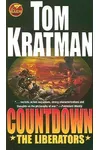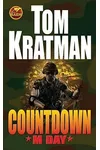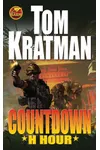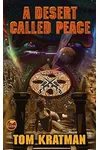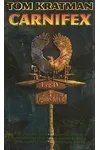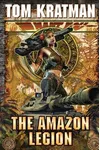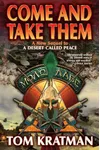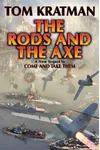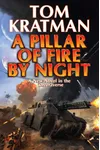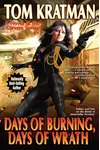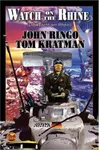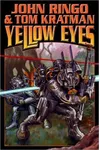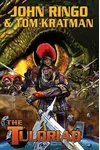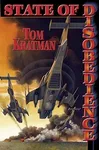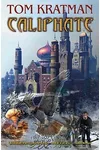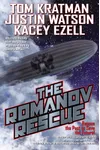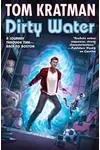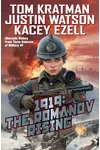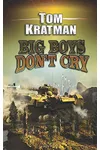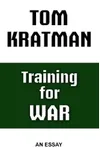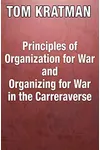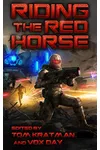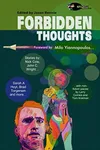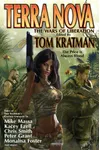Picture a storyteller who swapped a soldier’s uniform for a writer’s pen, crafting interstellar battles laced with sharp political wit—meet Tom Kratman! This retired U.S. Army Lieutenant Colonel turned military sci-fi maestro brings his decades of service to life in gripping novels like the Posleen War series, earning a Hugo Award nomination and a loyal fanbase. From Boston’s streets to alien warzones, Kratman’s journey is as thrilling as his tales.
The Making of Tom Kratman
Born on September 4, 1956, in Boston, Massachusetts, Tom Kratman’s life began with rebellion. A dropout from the prestigious Boston Latin School, he enlisted in the U.S. Army at 17, kicking off a 30-year military career. Serving with the 101st Airborne and in Panama with the 193rd Infantry Brigade, he later earned a cum laude degree from Boston College on an Army scholarship. Commissioned as an officer in 1980, Kratman saw action in the invasion of Panama and the Gulf War, experiences that would shape his vivid, tactical storytelling. After retiring in 2006, he traded law practice for full-time writing, channeling his grit into sci-fi.
Tom Kratman’s Unforgettable Stories
Kratman’s novels, published by Baen Books, are a masterclass in military sci-fi, blending explosive action with provocative themes. His Desert Called Peace series, starting with A Desert Called Peace (2007), follows a soldier’s vengeance in a future war-torn galaxy, earning praise for its intense battle scenes and philosophical depth. The Posleen War series, co-authored with John Ringo, includes Watch on the Rhine (2005), a controversial yet gripping tale of rejuvenated Waffen-SS soldiers battling alien invaders. Yellow Eyes (2007) showcases Panama’s jungles in a desperate stand against the Posleen, while The Tuloriad (2009) weaves Homeric echoes into an alien odyssey. Kratman’s right-wing perspectives often spark debate, but his meticulous research and unapologetic style make his work unforgettable.
Standalone novels like Caliphate (2008) dive into dystopian futures, imagining an Islamic Europe with chilling realism, while A State of Disobedience (2003) tackles tyranny in a libertarian-inspired revolt. His 2015 Hugo-nominated novella, Big Boys Don’t Cry, explores AI and warfare, cementing his knack for blending tech with human struggle.
Why Tom Kratman Matters
Tom Kratman’s impact lies in his fearless storytelling. His novels don’t just entertain—they challenge readers to grapple with war, politics, and morality. By drawing on his military expertise, he crafts worlds that feel authentic, from the chaos of battle to the weight of command. His collaboration with John Ringo and his Hugo nomination highlight his influence in military sci-fi, while his polarizing views spark vital conversations about ideology in fiction. For fans, Kratman’s work is a rallying cry for gritty, thought-provoking sci-fi.
- Birth Date: September 4, 1956
- Key Works: Desert Called Peace, Watch on the Rhine, Caliphate
- Awards: Hugo Award nominee (2015, Big Boys Don’t Cry)
- Military Rank: Retired Lieutenant Colonel, U.S. Army
Grab A Desert Called Peace or Watch on the Rhine and dive into Tom Kratman’s pulse-pounding military sci-fi today!
